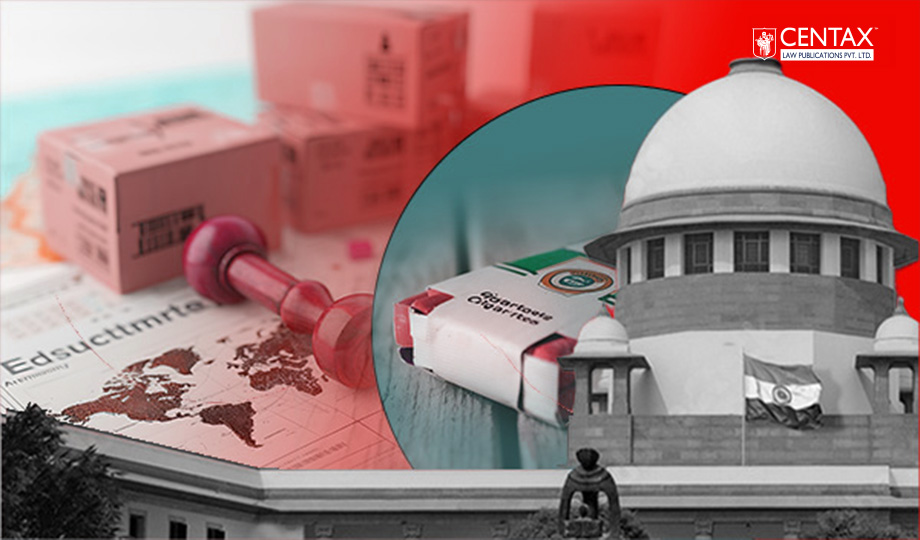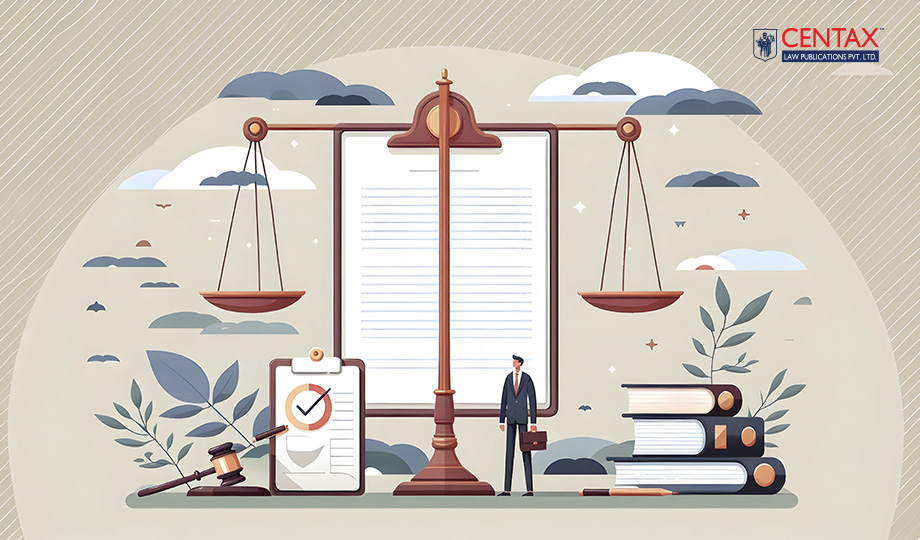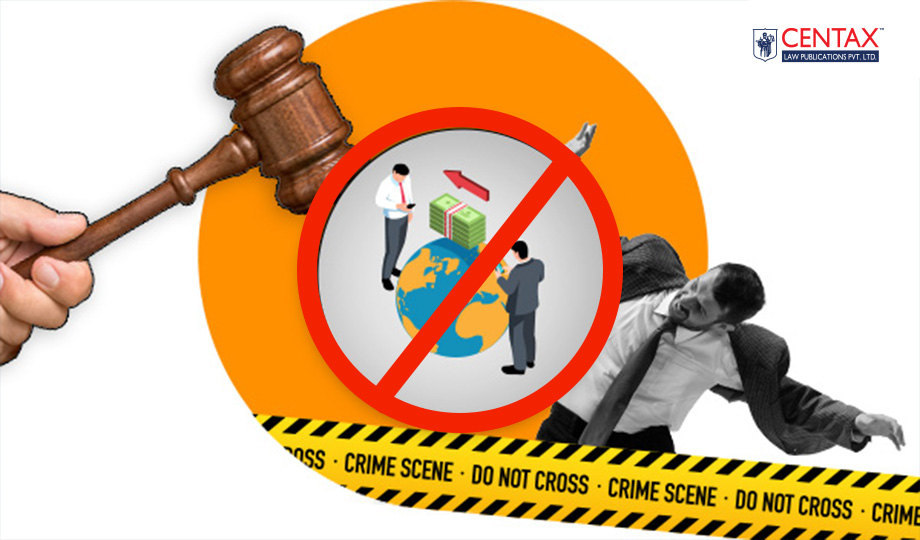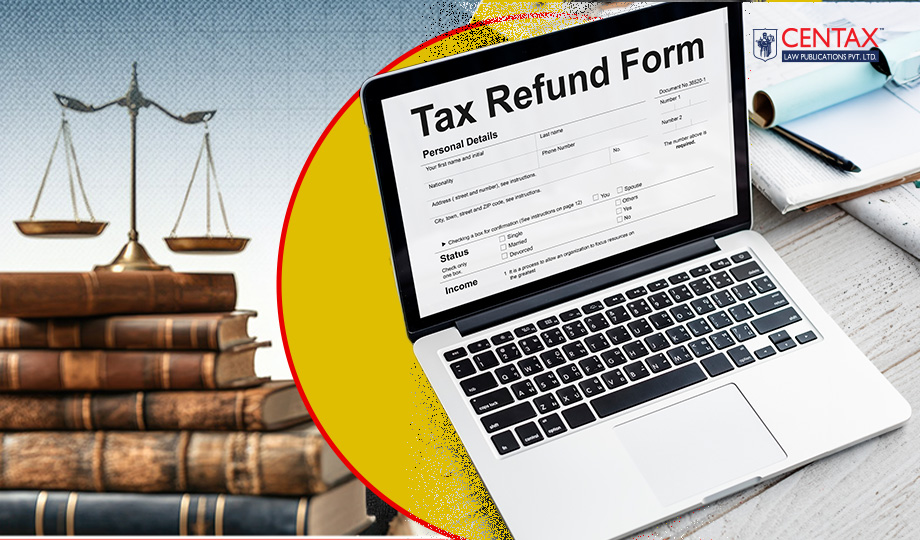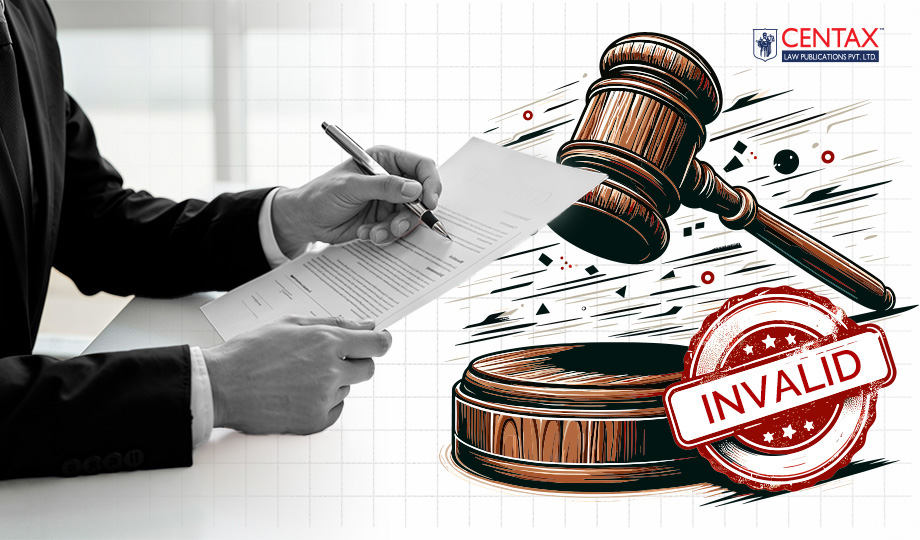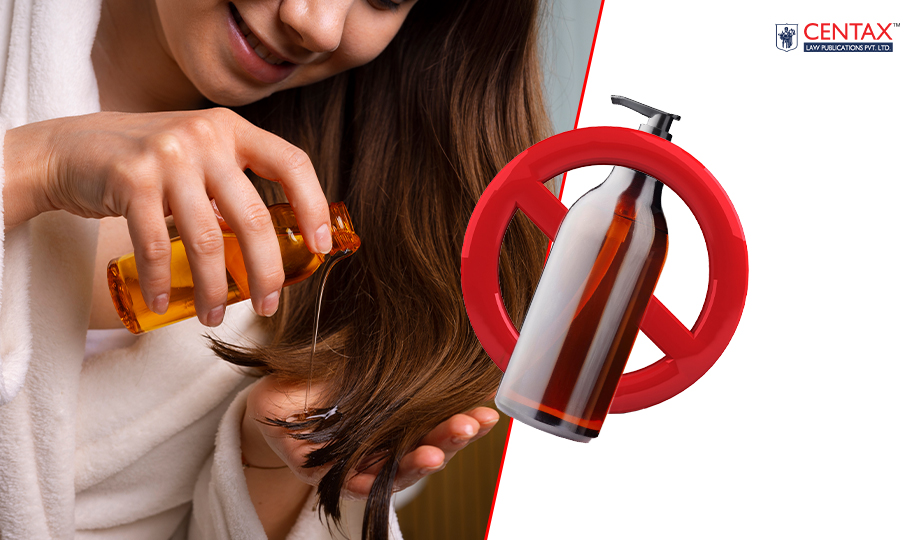
Case Details: Renovision Exports Pvt. Ltd. v. Commissioner of CGST & CX, Patna-I (2025) 32 Centax 94 (Tri.-Cal)
Judiciary and Counsel Details
- S/Shri R. Muralidhar, Member (J) & Rajeev Tandon, Member (T)
- S/Shri Tarun Chatterjee, Raju Mondal, Arshad Jamal, Advs. & Ms Sneha Das, Authorised Representative, for the Appellant.
- Shri S. Dey, Authorised Representative, for the Respondent.
Facts of the Case
The petitioner is a manufacturer of various homeopathic and ayurvedic medicines. The Department alleged that excise duty was payable on external massage oil (Category C), hair oil (Category D), and oral capsules (Category E), as the labels did not mention the alcohol content for Categories C and D, and Category E was otherwise dutiable. The appellant argued that, as per the relevant pharmacopoeia, alcohol is mandatorily used in the manufacture of Categories C and D, and thus these products fall outside the purview of excise duty. For Category E, the appellant did not contest the duty but claimed eligibility for SSI exemption as their turnover was below the prescribed threshold.
The appellant contended that external massage oil and hair oil (Categories C and D) are manufactured using alcohol, as required by the homeopathic/ayurvedic pharmacopoeia, even if not mentioned on the label, and thus are exempt from excise duty under Chapter Note 5 to Chapter 30 of the Central Excise Tariff Act, 1985. For oral capsules (Category E), they accepted the duty liability but argued that their dutiable turnover was well below the SSI exemption limit of ₹1.5 crore, especially since most goods were exported, and export turnover should not be counted towards the SSI limit.
The Department argued that, in the absence of alcohol content being indicated on the product labels and due to a lack of proper proof of exports at the adjudication stage, excise duty was rightly demanded.
CESTAT Held
The CESTAT, Kolkata, noted that, as per the pharmacopoeia, alcohol is indeed used in the manufacture of Categories C and D, and the law does not require the alcohol content to be printed on the label. Therefore, the Tribunal held that these products fall outside the purview of excise duty as per Chapter Note 5 to Chapter 30. For Category E (oral capsules), the Tribunal accepted the Chartered Accountant’s certificate and VAT assessment as proof that the dutiable turnover was below the SSI exemption threshold, making the assessee eligible for exemption.
List of Notification Cited
- Notification No. 8/2003-C.E., dated 1-3-2003 [Paras 3, 7, 19]












